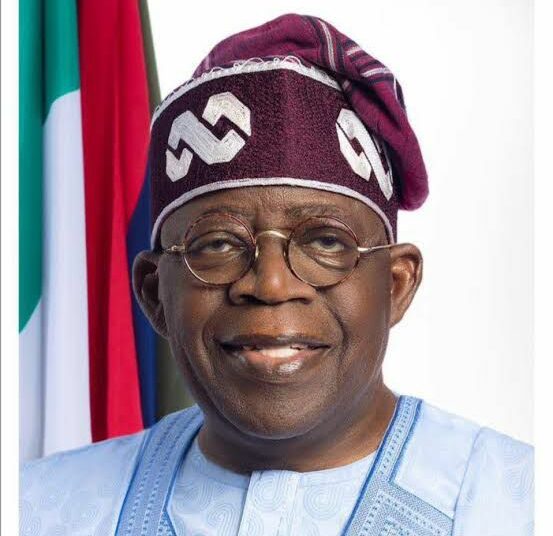A recent agency report indicated that not up to one per cent of over 50 per cent of unemployed youths in Nigeria have been able to access support from government’s social safety net structures which are set up to cushion the effects of poverty and unemployment.
Even the religious bodies where most of the unemployed fall back on for relief after facing denial by public institutions have proven unhelpful forcing many of those youths to resort to ‘side hustle’ to survive.
In its 2022 report, West Africa’s online job platform, Jobberman also reckoned that limited coverage and weak targeting of social interventions, amongst others, may have denied a larger percentage of youths due access.
It noted that Nigeria’s increasing unemployment rate, on a yearly average of six percent, was worrying, with far -reaching effects.
Unequivocally, unemployment is a global challenge, and one factor fueling it, in our opinion, is the profit greed that drives global capitalism.
There is no gainsaying it that unemployment is an economic crisis that increases poverty, hunger and anger on a daily basis.
A look at Sub-Saharan African countries, Nigeria inclusive, will bear testimony to this reality.
No fewer than 133 million Nigerians, representing 63 per cent of the population are currently living in multi-dimensional poverty, the National Bureau of Statistics (NBS) disclosed early this year.
The report also pointed out that 105.98 million poor Nigerians are to be found in rural areas compared to 16.97 million in urban areas.
But in August 2019, former President Muhammadu Buhari had committed to empowering 100 million people to escape extreme poverty by 2030.
This implied that, on average, 10 million people must be lifted out of poverty each year, starting in 2020. To achieve this, he created the Ministry of Humanitarian Affairs, Disaster Management and Social Development, which had in turn, rolled out several policy initiatives aimed at attaining the stated objectives and, ultimately, reach the most vulnerable and poor people in the society.
These initiatives were encapsulated under one umbrella programme known as the National Social Investment Programme (NSIP) which had, based on its numerous interventions, attained the status of the biggest social protection and poverty eradication programme to be established in the country.
The NSIP had given birth to Conditional Cash Transfers, No-hopers clusters such as Government and Empowerment Programme (GEEP) and National Home Grown School Feeding Programme.
These programmes were basically designed to address the immediate and long-term socio-economic needs of the poor and vulnerable Nigerians but unfortunately, it was politicized and couldn’t achieve much.
On assumption of office, the recently appointed minister for Humanitarian Affairs and Poverty Alleviation, Dr. Betta Edu, pledged to address the humanitarian crisis in the country and intensify efforts to remove Nigerians from the global poverty index in line with the Renewed Hope Agenda of this administration.
She said the federal government was committed to lifting 133 million Nigerians out of poverty in a phased approach, especially the 71 million extremely poor Nigerians who live under one dollar ninety-five cents a day.
She vowed that she would do all she could to end the misery of Nigerians trapped in the vortex of poverty and humanitarian needs.
“Time is of essence and we need to run at the speed of light to roll out social programs that will bring relief to the poor.
“My new responsibilities focus on covering a greater population of vulnerable Nigerians, providing them with humanitarian services and alleviating their poverty in line with President Tinubu’s agenda,” she said.
The minister identified, internal security, human trafficking, and migration as some of the factors that lead to insecurity and by extension, humanitarian crises and poverty across the country.
While we applaud the minister for her bold statements, we enjoin her to walk the talk as various attempts by the past administration to meet the stated target of lifting 100 million Nigerians out of poverty came to a dead end.
As a newspaper, we are of the view that poverty alleviation is what will define the minister and the administration of President Bola Tinubu in the long run.
We urge the minister to be proactive while evaluating previous programmes the ministry had embarked on and see how they can be improved upon and whatever is not working should be discarded.
There’s so much high expectations considering the high level of hardship and poverty in the land, no thanks to the fuel subsidy removal.
We urge the minister, therefore, to find out the gaps in the programmes she inherited and design strategies to deliver on the mandate given to her. Furthermore, we expect her to use this opportunity to create a social register where the poor and vulnerable who actually deserve this social nets are captured.





